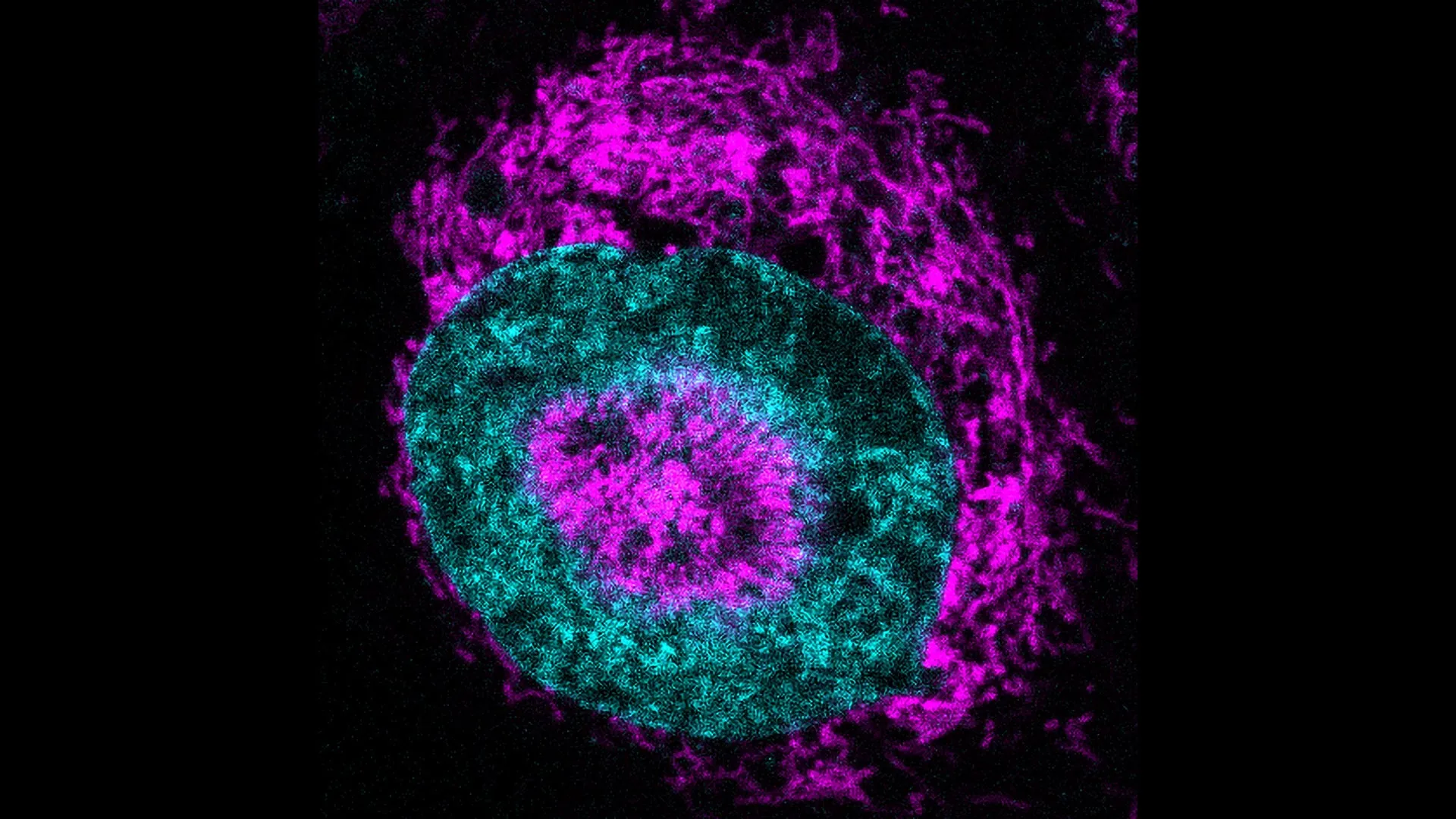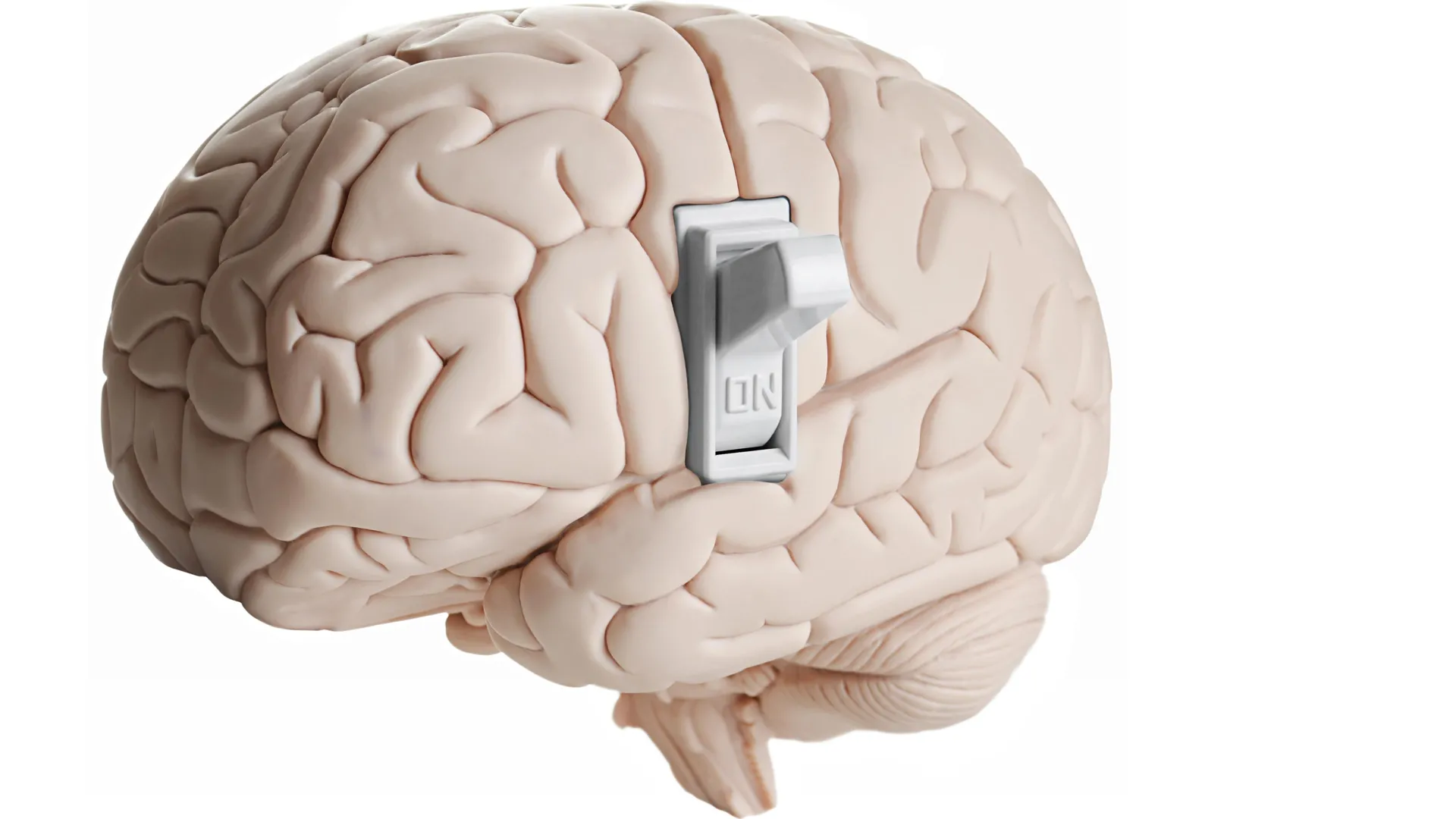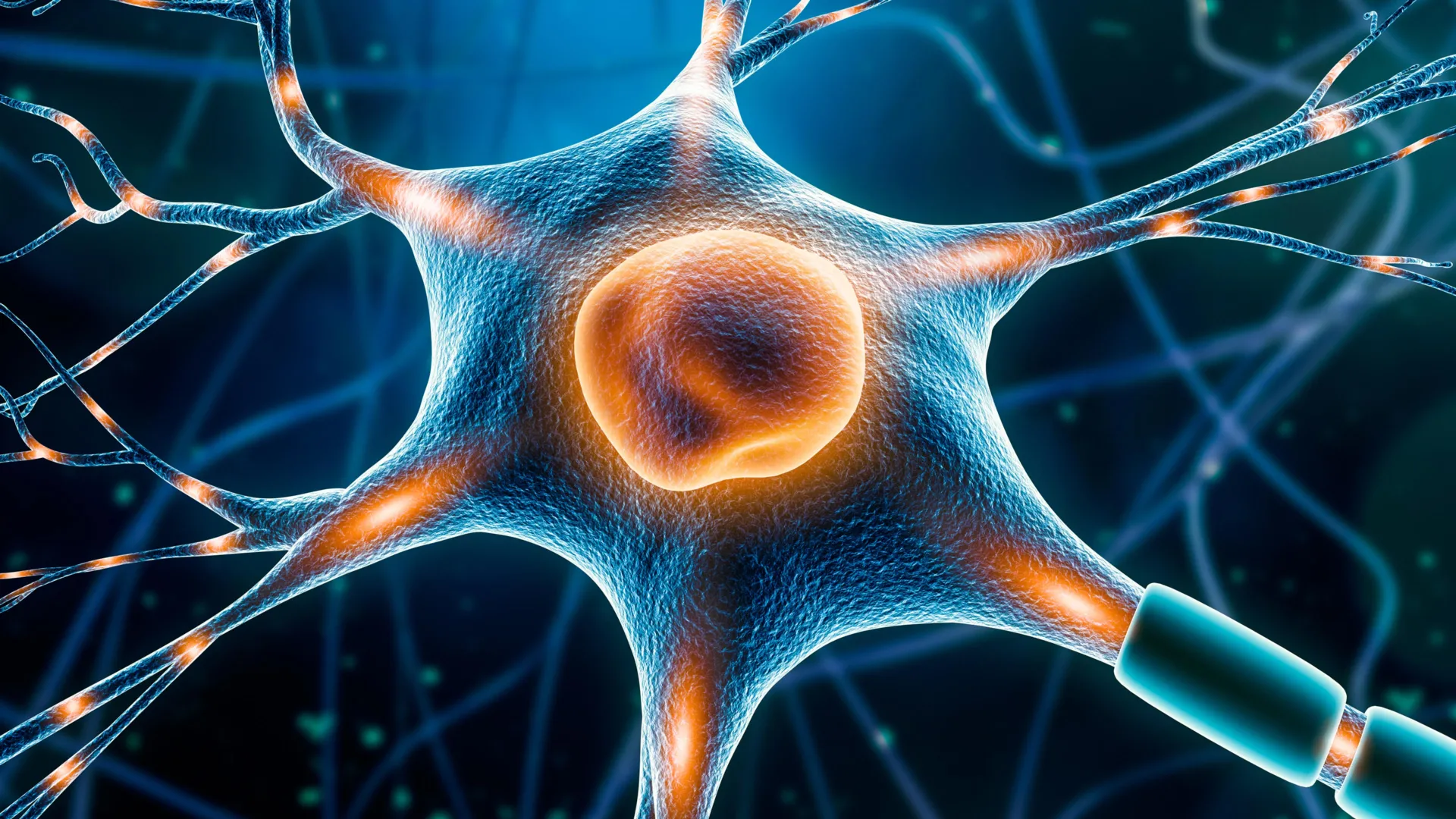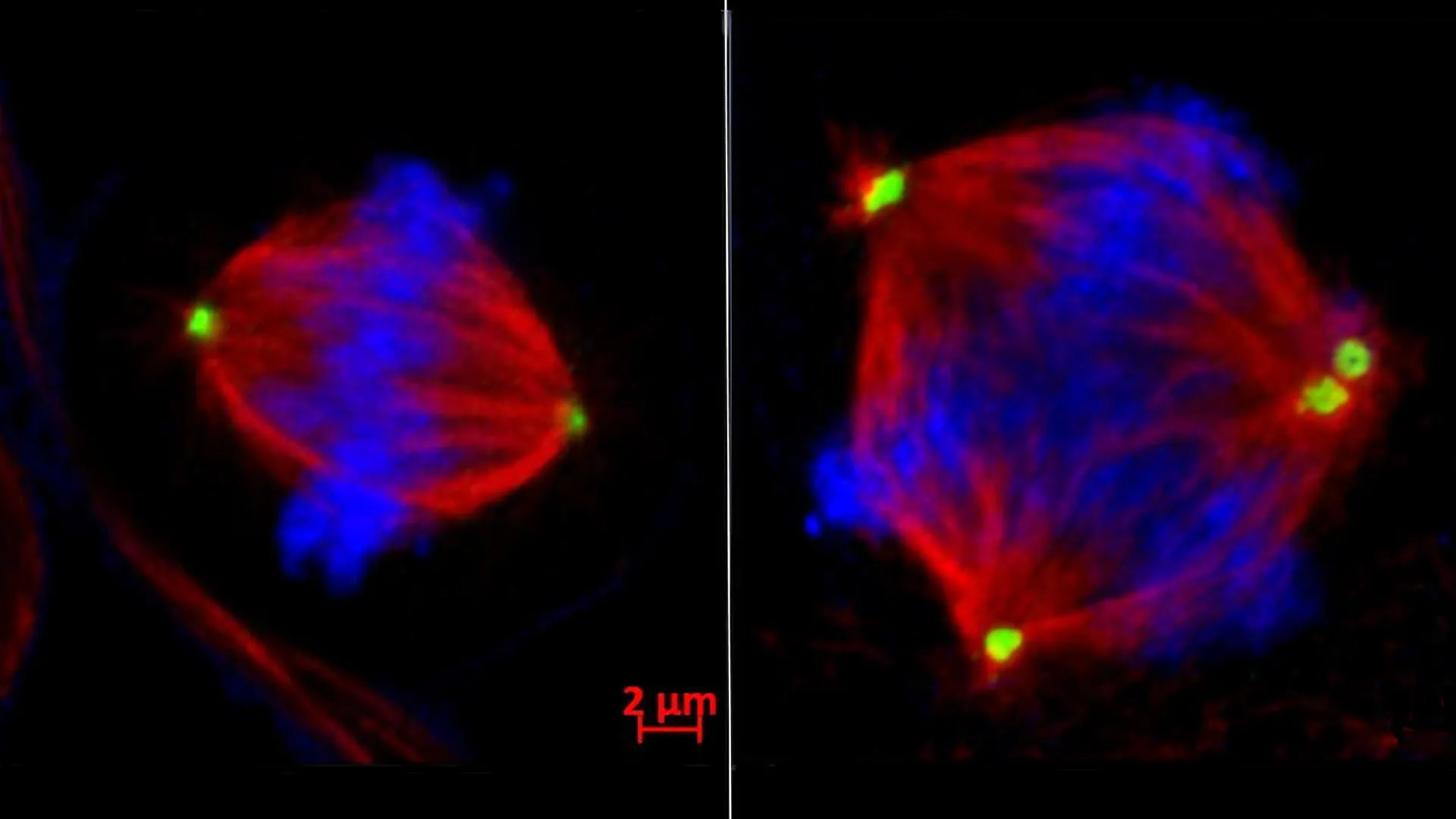The cumulative effect of social advantages across a lifetime – from parental warmth in childhood to friendship, community engagement and religious support in adulthood – may slow the biological processes of aging. These social advantages appear to set back “epigenetic clocks” such that a…
Category: 5. Health
-

Scientists just found cancer cells’ hidden power source
Cancer cells mount an instant, energy-rich response to being physically squeezed, according to a study published in the journal Nature Communications. The surge of energy is the first reported instance of a defensive mechanism which helps the cells repair DNA damage and survive the crowded…
Continue Reading
-

A Cysteine-Rich Diet is Shown to Boost Intestinal Regeneration
A new study reported in Nature has determined that the amino acid cysteine could promote regeneration among cells in the small intestine. The work showed that cysteine can activate an immune signaling cascade that boosts the regrowth of intestinal cells and…
Continue Reading
-

Scientists discover hidden protein that switches off hunger
Researchers at Leipzig University and Charité – Universitätsmedizin Berlin have discovered a key mechanism for appetite and weight control. It helps the brain to regulate feelings of hunger. In a study, scientists from Collaborative Research Centre (CRC) 1423 – Structural Dynamics of GPCR…
Continue Reading
-

Think light drinking protects your brain? Think again
Drinking any amount of alcohol likely increases the risk of dementia, suggests the largest combined observational and genetic study to date, published online in BMJ Evidence Based Medicine.
Even light drinking — generally thought to be protective, based on observational studies — is unlikely…
Continue Reading
-

This new semaglutide dose helped nearly half of patients lose 20% body weight
A higher weekly dose of semaglutide (7.2 mg) can significantly improve weight loss and related health outcomes in adults living with obesity, including those with type 2 diabetes (T2D), according to the results of two large-scale, international phase 3 clinical trials. The findings, published in…
Continue Reading
-

Hidden cellular “power switch” could transform Parkinson’s treatment
A key switch for cellular energy balance has been discovered in cells: it could potentially become the target of new therapies for diseases ranging from Parkinson’s to rare disorders caused by defects in the cell’s powerhouses, the mitochondria. The switch is called phosphatase B55…
Continue Reading
-

Side Gigs For Physicians Boom As Salaries Flatten And Burnout Continues
Stack of money and an inscription side gig income on it.
getty
The Rise of Physician Side Gigs
Across the nation, physicians are seeking income streams beyond traditional clinical practice. According to a 2025 MedScape survey, 4 in 10 physicians now have a side gig, and nearly 75% report equal or…
Continue Reading
-

The vitamin D mistake weakening your immunity
Taking vitamin D2 might lower the body’s levels of the more efficient form of vitamin D, vitamin D3, according to new research from the University of Surrey, John Innes Centre and Quadram Institute Bioscience. Many people take vitamin D supplements to support their bone and immune health and…
Continue Reading
-

This “chaos enzyme” may hold the key to stopping cancer spread
Triple negative breast cancer (TNBC) is one of the most aggressive and hardest forms of breast cancer to treat, but a new study led by Weill Cornell Medicine suggests a surprising way to stop it from spreading. Researchers have discovered that an enzyme called EZH2 drives TNBC cells to divide…
Continue Reading
